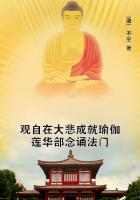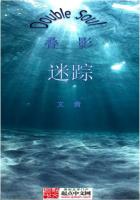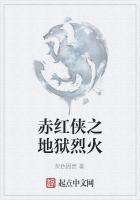And although it is supposed that the inductive method of Bacon has led to the noblest discoveries of modern times, is this strictly true? Galileo made his discoveries in the heavens before Bacon died. Physical improvements must need follow such inventions as gunpowder and the mariners' compass, and printing and the pictures of Italy, and the discovery of mines and the revived arts of the Romans and Greeks, and the glorious emancipation which the Reformation produced. Why should not the modern races follow in the track of Carthage and Alexandria and Rome, with the progress of wealth, and carry out inventions as those cities did, and all other civilized peoples since Babel towered above the plains of Babylon?
Physical developments arise from the developments of man, whatever method may be recommended by philosophers. What philosophical teachings led to the machinery of the mines of California, or to that of the mills of Lowell? Some think that our modern improvements would have come whether Bacon had lived or not. But Iwould not disparage the labors of Bacon in pointing out the method which leads to scientific discoveries. Granting that he sought merely utility, an improvement in the outward condition of society, which is the view that Macaulay takes, I would not underrate his legacy. And even supposing that the blessings of material life--"the acre of Middlesex"--are as much to be desired as Macaulay, with the complacency of an eminently practical and prosperous man, seems to argue, I would not sneer at them. Who does not value them? Who will not value them so long as our mortal bodies are to be cared for? It is a pleasant thing to ride in "cars without horses," to feel in winter the genial warmth of grates and furnaces, to receive messages from distant friends in a moment of time, to cross the ocean without discomfort, with the "almost certainty" of safety, and save our wives and daughters from the ancient drudgeries of the loom and the knitting-needle. Who ever tires in gazing at a locomotive as it whirls along with the power of destiny? Who is not astonished at the triumphs of the engineer, the wonders of an ocean-steamer, the marvellous tunnels under lofty mountains? We feel that Titans have been sent to ease us of our burdens.
But great and beneficent as are these blessings, they are not the only certitudes, nor are they the greatest. An outward life of ease and comfort is not the chief end of man. The interests of the soul are more important than any comforts of the body. The higher life is only reached by lofty contemplation on the true, the beautiful, and the good. Subjective wisdom is worth more than objective knowledge. What are the great realities,--machinery, new breeds of horses, carpets, diamonds, mirrors, gas? or are they affections, friendships, generous impulses, inspiring thoughts?
Look to Socrates: what raised that barefooted, ugly-looking, impecunious, persecuted, cross-questioning, self-constituted teacher, without pay, to the loftiest pedestal of Athenian fame?
What was the spirit of the truths HE taught? Was it objective or subjective truth; the way to become rich and comfortable, or the search for the indefinite, the infinite, the eternal,--Utopia, not Middlesex,--that which fed the wants of the immaterial soul, and enabled it to rise above temptation and vulgar rewards? What raised Plato to the highest pinnacle of intellectual life? Was it definite and practical knowledge of outward phenomena; or was it "a longing after love, in the contemplation of which the mortal soul sustains itself, and becomes participant in the glories of immortality"? What were realities to Anselm, Bernard, and Bonaventura? What gave beauty and placidity to Descartes and Leibnitz and Kant? It may be very dignified for a modern savant to sit serenely on his tower of observation, indifferent to all the lofty speculations of the great men of bygone ages; yet those profound questions pertaining to the [Greek text omitted] and the [Greek text omitted], which had such attractions for Augustine and Pascal and Calvin, did have as real bearing on human life and on what is best worth knowing, as the scales of a leuciscus cephalus or the limbs of a magnified animalculus, or any of the facts of which physical science can boast. The wonders of science are great, but so also are the secrets of the soul, the mysteries of the spiritual life, the truths which come from divine revelation.














